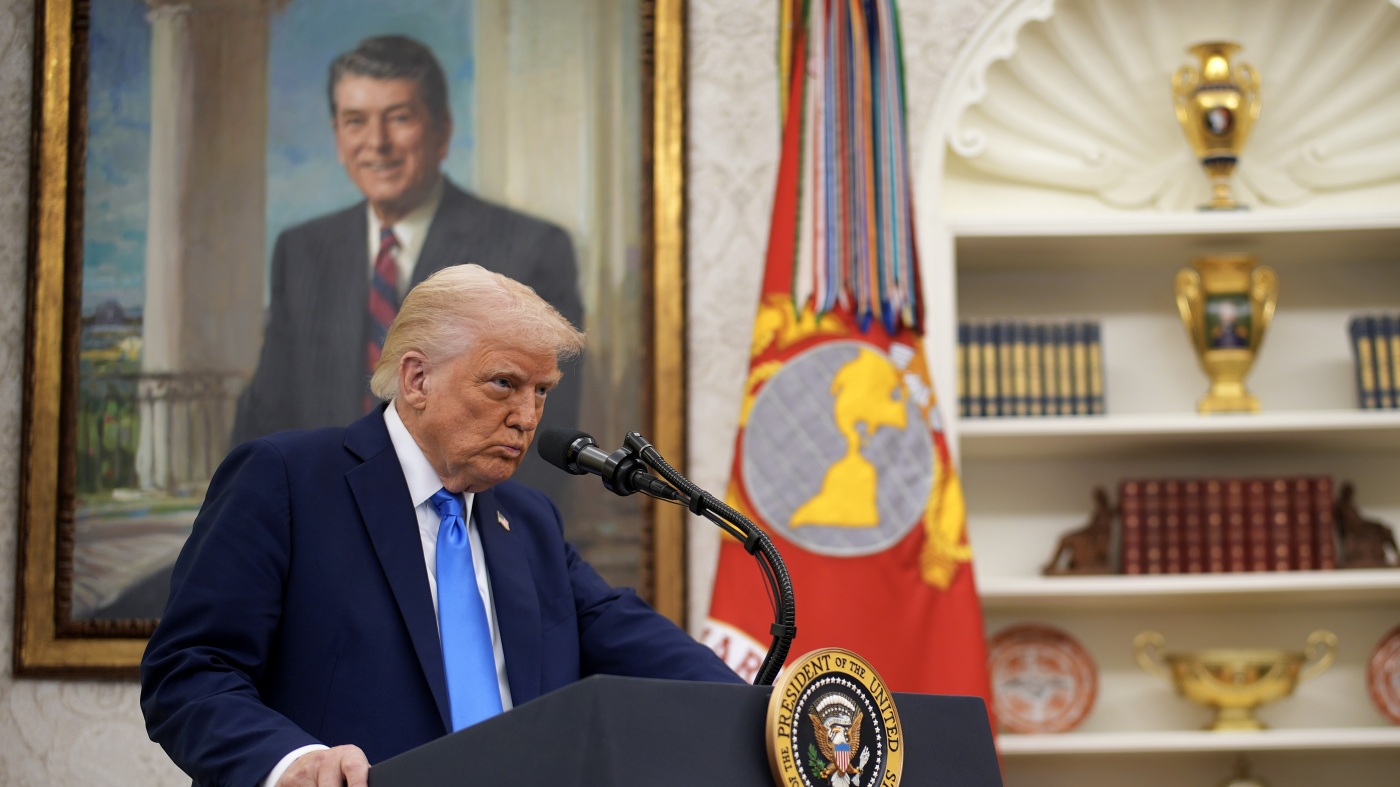The recent legal pushback against former President Donald Trump’s executive orders targeting prominent law firms, including Susman Godfrey, Perkins Coie, Jenner & Block, and WilmerHale, has underscored the judiciary’s role in safeguarding constitutional principles. These orders, widely perceived as politically motivated, sought to penalize firms for representing clients or causes opposed to the administration’s policies. However, federal courts have consistently struck down these measures, reinforcing the legal profession’s independence and the rule of law.
Background: Executive Orders and Legal Challenges
The executive orders in question were part of a broader strategy by the Trump administration to retaliate against law firms that had challenged or opposed certain policies. The firms targeted were among the most prestigious in the legal industry, known for their high-profile cases and advocacy on behalf of clients with interests conflicting with the administration’s agenda. The orders imposed various restrictions and penalties, including bans on government contracts and other punitive measures.
The firms responded swiftly, filing lawsuits to block the orders on constitutional grounds. Their legal arguments centered on the First Amendment’s protection of free speech and association, as well as the Fifth Amendment’s due process clause. The firms contended that the orders were an unconstitutional attempt to punish them for exercising their legal rights and representing clients in lawful matters.
Judicial Rejection of Executive Overreach
Federal courts have repeatedly ruled against these executive orders, with the latest decision involving Susman Godfrey marking the fourth such legal defeat for the administration. U.S. District Judge Loren AliKhan’s ruling permanently enjoined the enforcement of the order against Susman Godfrey, finding that it violated constitutional protections. The court’s reasoning emphasized that the orders constituted impermissible retaliation against law firms for their legal work and professional associations.
Previous rulings against Perkins Coie, Jenner & Block, and WilmerHale followed similar legal reasoning, reinforcing the principle that the government cannot use its authority to punish firms for engaging in lawful legal representation. These decisions have set a precedent that politically motivated executive actions targeting the legal profession will face significant judicial scrutiny and are likely to be struck down.
Broader Implications for the Legal and Political Landscape
The court rulings have far-reaching implications beyond the immediate cases. They affirm the judiciary’s role in protecting the legal profession from political interference, ensuring that attorneys can represent clients without fear of reprisal. This is particularly important in an era where legal advocacy often intersects with contentious political issues.
The decisions also highlight the importance of the separation of powers, demonstrating that the executive branch cannot unilaterally impose punitive measures without adhering to constitutional constraints. This serves as a deterrent to future administrations that may consider similar tactics, reinforcing the principle that legal representation is a protected activity under the law.
Law Firms’ Strategic Response and Legal Resistance
The targeted law firms have demonstrated a coordinated and effective legal strategy in response to the executive orders. By filing lawsuits and vigorously defending their constitutional rights, they have not only protected their own interests but also set important precedents for the legal profession as a whole. Their success in court underscores the importance of robust legal resistance in the face of government overreach.
The firms’ actions have also sent a strong message to other legal entities, showing that coordinated legal challenges can successfully counter politically motivated executive actions. This has strengthened the legal community’s resolve to defend professional independence and client relationships against potential abuses of power.
Future Legal Precedents and Political Repercussions
With four federal courts now having ruled against the executive orders, a clear legal precedent has been established. Future administrations will likely face significant judicial barriers if they attempt to use similar tactics to punish law firms or legal professionals. This precedent strengthens the legal framework protecting the independence of the legal profession and reinforces the judiciary’s role as a check on executive power.
Politically, these rulings represent a check on efforts to coerce or intimidate the legal system. They underscore the importance of judicial independence in maintaining the rule of law, particularly in politically charged environments. The decisions also serve as a reminder that the legal profession plays a crucial role in upholding democratic principles and ensuring accountability.
Conclusion: Safeguarding Legal Independence Through Judicial Action
The rejection of President Trump’s executive orders targeting Susman Godfrey, Perkins Coie, Jenner & Block, and WilmerHale marks a critical defense of the legal profession’s independence and constitutional rights. The courts have sent a clear message that the government cannot retaliate against law firms for engaging in lawful legal representation. These rulings reinforce the judiciary’s vital role in counterbalancing executive power and preserving the rule of law.
The ongoing legal triumphs of these elite law firms demonstrate the resilience of constitutional safeguards and serve as a beacon of protection for legal advocacy free from political retribution. As the legal and political landscapes continue to evolve, these precedents will remain a cornerstone in the fight to uphold the principles of justice and professional independence.











